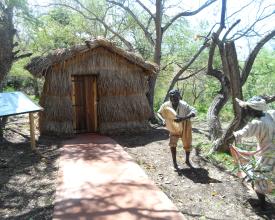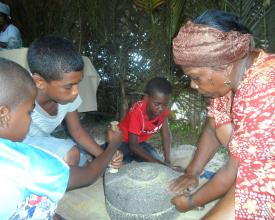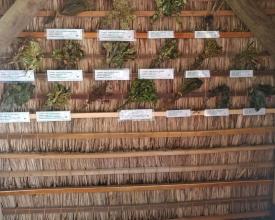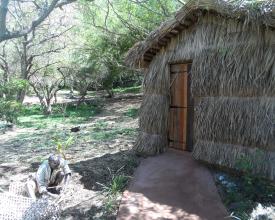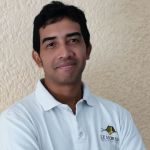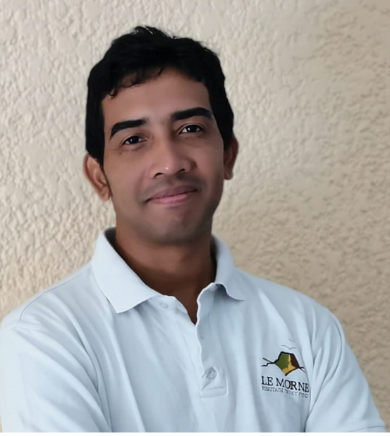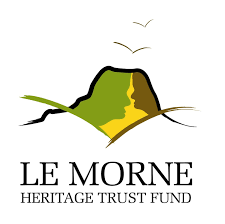
Trou Chenilles Open Air Museum: reviving ancient village traditions while promoting community benefits in Le Morne Cultural Landscape
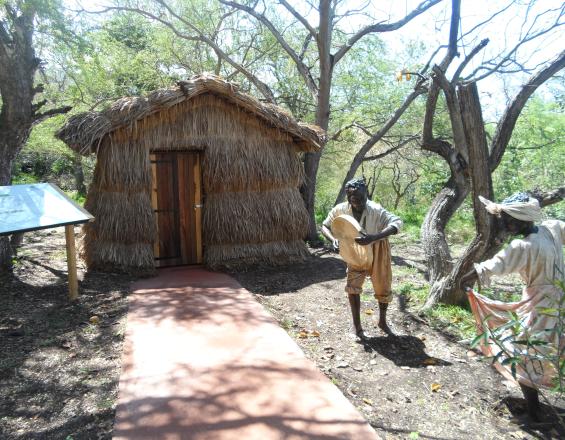
Trou Chenilles, the first village of Le Morne, was located south-eastern slope of the Brabant Mountain. It appeared on archival maps after the abolition of slavery, and it is today located inside the Le Morne Cultural Landscape World Heritage Property.
Since 2019, Le Morne Heritage Trust Fund has worked on the reconstruction of the village on its original location. The village reconstruction, known as Trou Chenilles Open Air Museum, is quite unique in Mauritius and as it is a replica of the ancient village, and a key element for the history of the Le Morne Cultural Landscape.
As a former slave settlement, Trou Chenilles was the place where the rich traditions of Mauritians were alive and transmitted from one generation to another also after the relocation of its inhabitants. The museum offers the chance to explore the tangible and intangible heritage of enslaved people and their descendants (Sega Tipik, fishing/hunting, games, culinary practices, charcoal and lime making, healing practices, medicinal garden).
Impacts
- Trou Chenilles Open Air Museum raises awareness one the past life and traditions of the slave descendants. This is a part of history that was falling into oblivion and that today has been revived through first-hand experiences. Traditional performances and the sale of artisanal crafts offer the local community a direct line to those visiting the museum and the mountain.
- The museum is a key resource for various schools and academic institutions in Mauritius. Le Morne has become an excellent educational resource both in terms of cultural heritage conservation, and as a hub for sustainable tourism projects, nature conservation, community development, museum’s management, amongst others.
- It provides economic benefits to local communities both directly (tour guides, guest house operators, taxi drivers) and indirectly through the creation of an enabling business environment for the sale of local crafts and locally made souvenirs which are sold directly at the museum.
- After the limitations of the Covid-19 emergency, the museum has now the potential to attract investors, such as hotel operators in the surrounding area through the promotion of cultural and eco-tourism network which could provide funding for heritage management and community development. The Le Morne Heritage Trust Fund has already started creating this network and is collaborating with various stakeholders.

